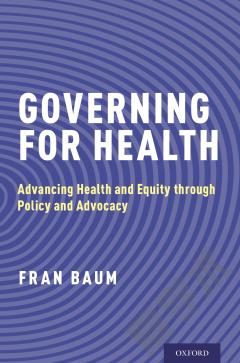Fads, Fallacies And Foolishness In Medical Care Management And Policy
No one misses the onslaught of claims about reforming modern medical care. How doctors should be paid, how hospitals should be paid or governed, how much patients should pay when sick in co-payments, how the quality of care could be improved, and how governments and other buyers could better control the costs of care — all find expression in the explosion of medical care conference proceedings, op-eds, news bulletins, journal articles, and books.This collection of articles takes up a key set of what the author regards as particularly misleading fads and fashions — developments that produce a startling degree of foolishness in contemporary discussions of how to organize, deliver, finance, pay for and regulate medical care services in modern industrial democracies.The policy fads addressed include the celebration of explicit rationing as a major cost control instrument, the belief in a “basic package” of health insurance benefits to constrain costs, the faith that contemporary cross-national research can deliver a large number of transferable models, and the notion that broadening the definition of what is meant by health will constitute some sort of useful advance in practice.
{{comment.content}}








 京公网安备 11010802027623号
京公网安备 11010802027623号